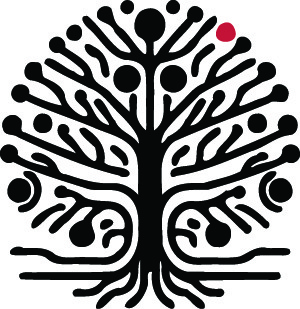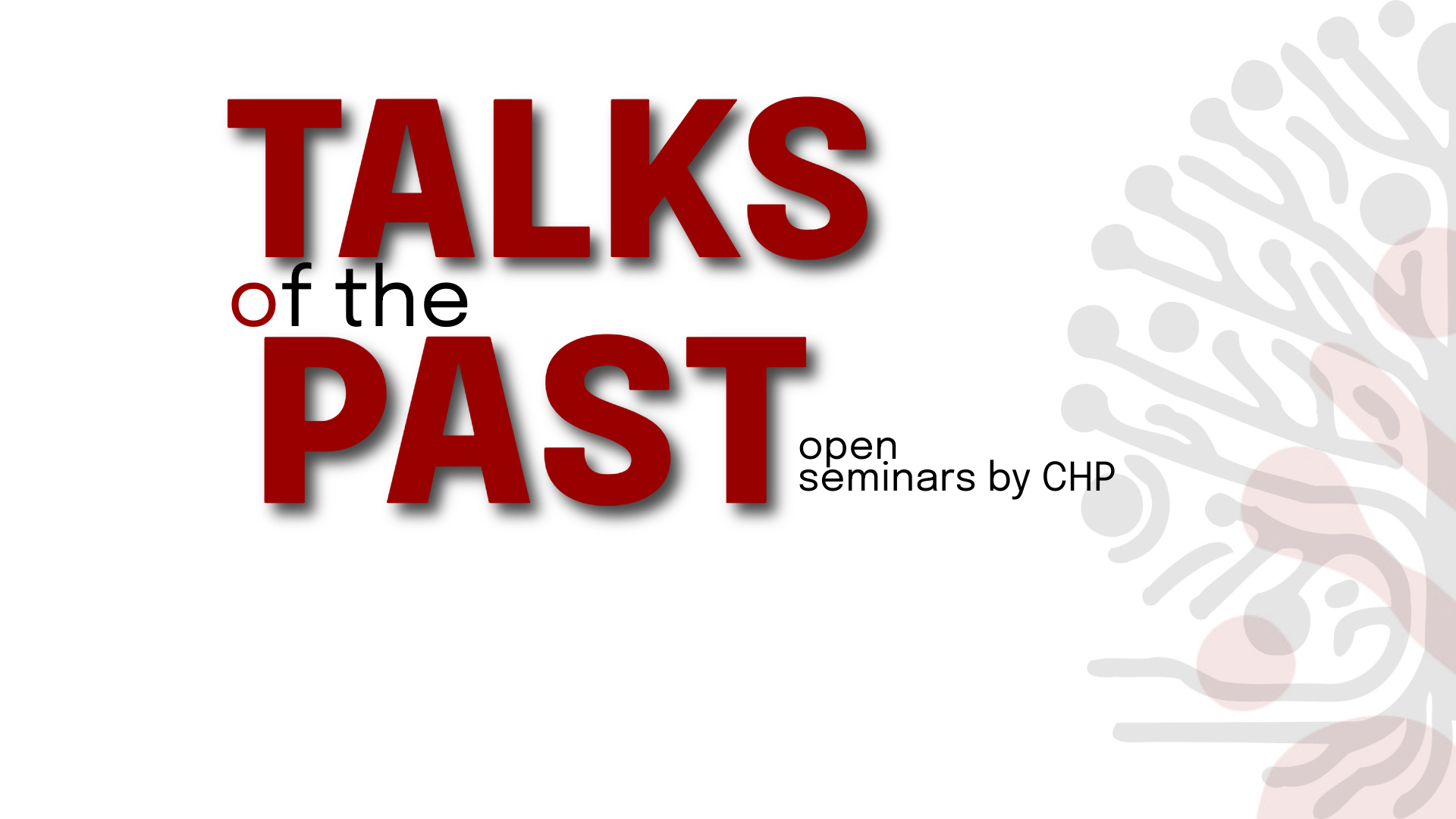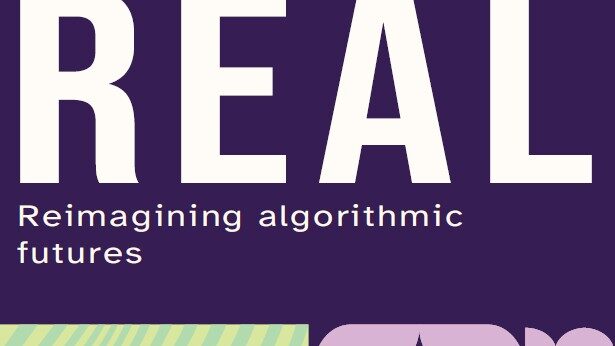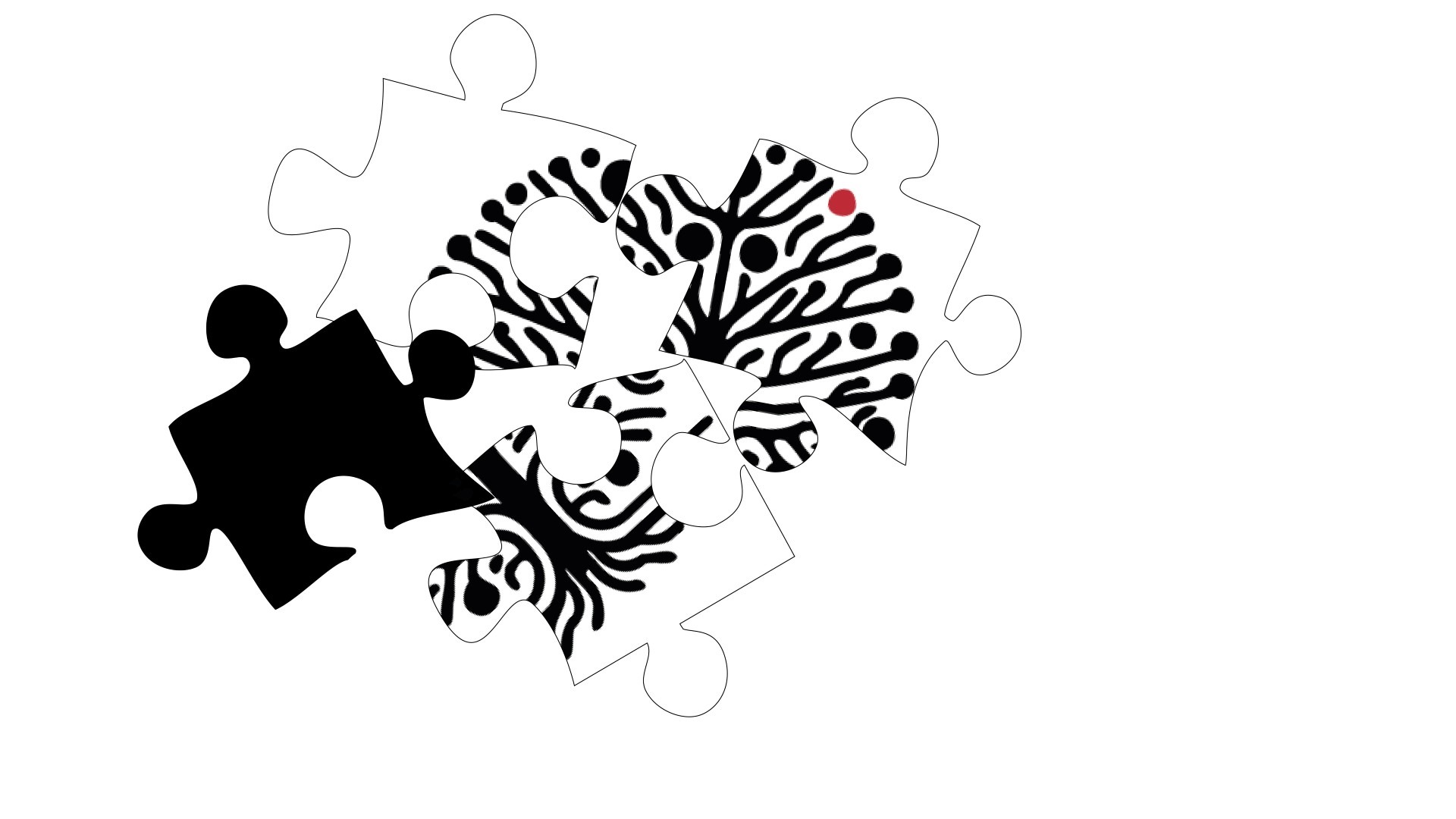Mini-Seminar: Studying urban inequality in the past: lessons from Pompeii, with Samuli Simelius
Abstract The study of Roman social stratification has often focused on social and legal status within society. Other dimensions of inequality have been largely sidelined, although interest in economic inequality has grown recently. Yet, methodologies to study wealth inequality that rely on house size still require significant improvement to better capture the complexity of Roman society. […]






